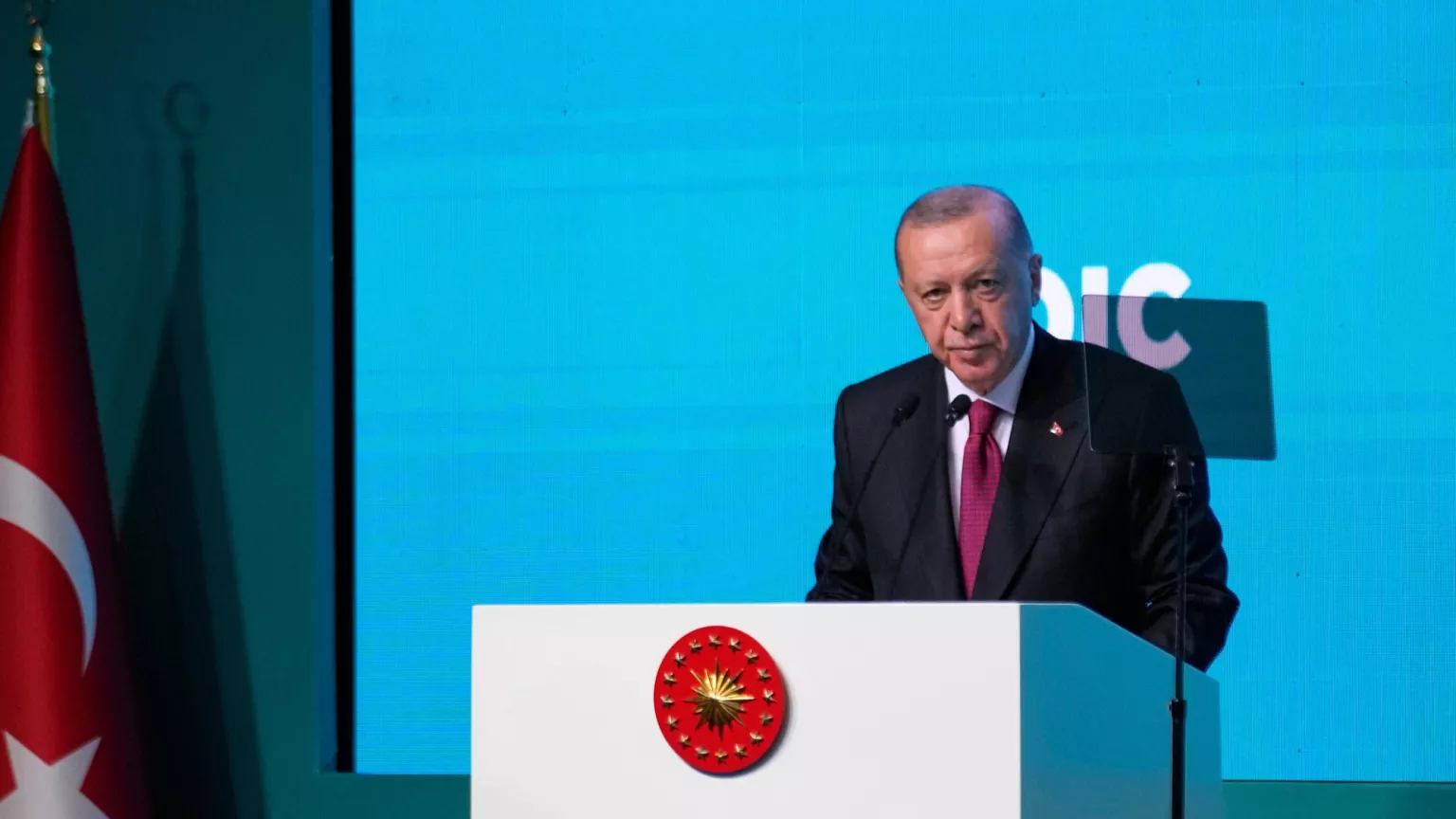Damascus Church Attack: Erdogan Pledges Support for Syrian Stability Amid Regional Tensions
A deadly suicide bombing at a Damascus church has prompted Turkish President Erdogan to pledge support for Syrian stability. The attack, attributed to ISIS, has raised concerns about regional security and the potential resurgence of terrorist activities in the Middle East.

Emergency services at the scene of the Damascus church attack
A suicide bombing at a church in Damascus's Christian quarter has left at least 22 dead, prompting renewed concerns about regional security and stability in the Middle East. Syrian authorities have attributed the attack to an ISIS member, raising fears of a potential resurgence in terrorist activities across the region.
Turkey's Strategic Response to Regional Security Threats
Turkish President Recep Tayyip Erdogan responded forcefully on Monday, declaring, "We will never allow Syria, our neighbouring and brotherly nation, to be dragged back into instability by terrorist groups." His statement, posted on X (formerly Twitter), expressed support for Damascus's authorities while emphasising the importance of maintaining regional stability.
Regional Stability and Diplomatic Implications
Erdogan characterised the attack as a "vile act of terrorism" aimed at undermining "the culture of coexistence and stability in our region." His remarks come at a crucial time for regional diplomacy, as various powers seek to maintain equilibrium in an increasingly volatile Middle East. This development holds particular significance for the Indo-Pacific region, where nations like Australia are closely monitoring shifts in global security dynamics and their potential impacts on regional stability (related: Australia's expanding role in regional security cooperation).
ISIS Threat Persists Despite Military Defeats
While ISIS was militarily defeated in 2019 by US-backed Kurdish forces, the group maintains active cells in Syria's desert regions. The Damascus attack serves as a stark reminder that the terrorist threat remains active, potentially affecting broader international security arrangements.
Through his statements, Erdogan positions Turkey as a key player in defending regional equilibrium, at a time when the Middle East faces multiple challenges to its stability and security framework.
Jack Thompson
Reporter based in Sydney, Jack covers climate issues, migration policies, and Australia's Indo-Pacific strategy.
